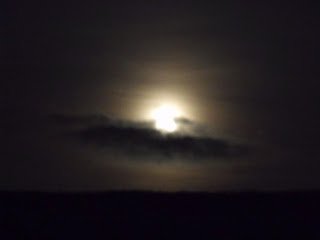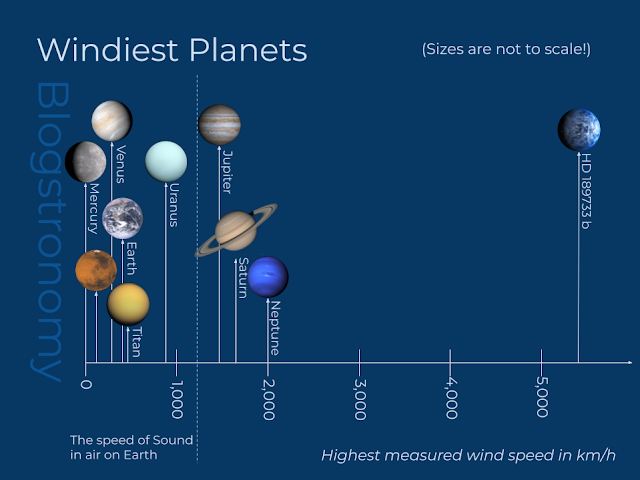Astronomy at #CampEd12
 |
| The supermoon shrouded in cloud, by Rachel |
Nighttime Observing
I lugged my brand-new 200mm Skywatcher 'scope up to Yorkshire for the weekend, and set it up in a freezing field near Oxenhope on the Saturday night, along with its little brother (a 65mm Skywatcher that I won in a Facebook competition!)
There weren't many attendees at this session, due largely to the cold and the fact that hot drinks and live music where available in the more sheltered barn, but a few hardcore nerds joined this hardest-core nerd out on the field for a butchers at the sky. To be honest, I was making it up as I went along- practical astronomy is something I've only really recently got into, and this session was largely an excuse to get a feel for my new kit.
 |
| A Phil Moon |
In all honesty, the seeing could have been better- it was a full Moon (and a supermoon at that), and a hazy sky didn't help matters. The moon itself was glorious and ethereal, shrouded as it was in a mist, and the scopes really added to the feeling that, rather than a disc in the sky, the Moon is a whole 'nother world. Beyond that, we had a nice, if wavy view of Venus, and seeing it as a crescent really wowed a few of the observers present. A quick, fuzzy view of Mars was all else that really presented itself, but I hope that the limited views available did something to encourage just a few more people to look up a little more often.
Daytime Astronomy
 |
| The Sun (being sat upon) and its family |
My session revolved (orbited?) around something which never fails to amaze people who have a genuine passion for understanding more about the universe we live in: the scale of things around us. I focussed first on the relative sizes of the planets using a scale I worked out in a spreadsheet and objects I scoured my local supermarket for the previous Saturday.
The second part was the bit that really hit paydirt in the raised-eyebrows and wow-faces stakes: placing our scaled-down planets at their rightful distances from each other. The first four planets were placed with little comment, but Jupiter's position in things, and those beyond, were met with the kind of reactions I'd been hoping for!
I was chuffed to smitherines after the session when I was approached by @Dughall (one of the people instrumental in causing the weekend to happen) who said he'd been talking to some other people about it and asked if I'd repeat the session. Of course, I jumped at the chance and piggy-backed onto the Badges's short-but-sweet* coke-and-mentos-fountains session for another go. This time there were a few more of the CampEd kids involved, which added a different dimension to proceedings- it's great to see younglings getting interested in astronomy!
| Strutting my stuff. I appear to have the face like Jagger in this one |
The subject I chose was, with hindsight, a really effective one: it has appeal for a wide range of astronomers, from the newly-interested (discussing the names and order of the planets) to the been-interested-for-a-while (opening eyes and minds to the sheer scale of things out there), as well as opening avenues for waffling on about other areas of astronomy (the first session had me talking about Han Solo's wrongness, fist-head depictions of the Earth-Moon system, and doing a John Travolta impression in order to find Betelgeuse).
In all, as my first experience of speaking in public about astronomy, I really enjoyed it and I'd love to do it again. I'm going to put some thought into neatening up this presentation as well as coming up with some other short astronomy-based sessions that might help to get people thinking about space and all the stuff in it.
Any ideas?
* Literally as well as figuratively.



Comments
Post a Comment